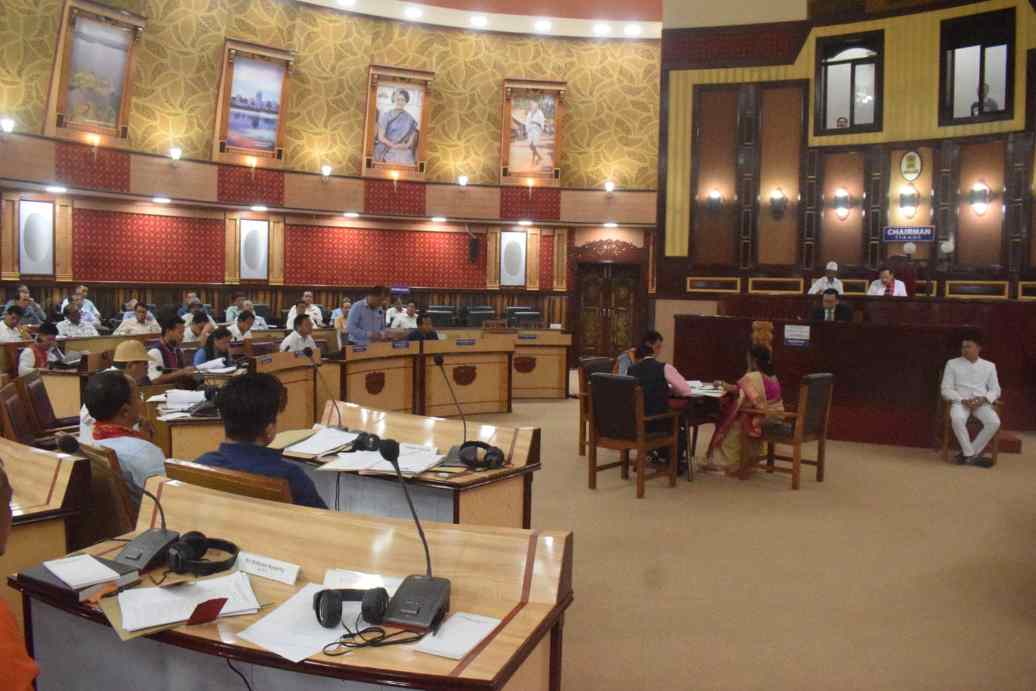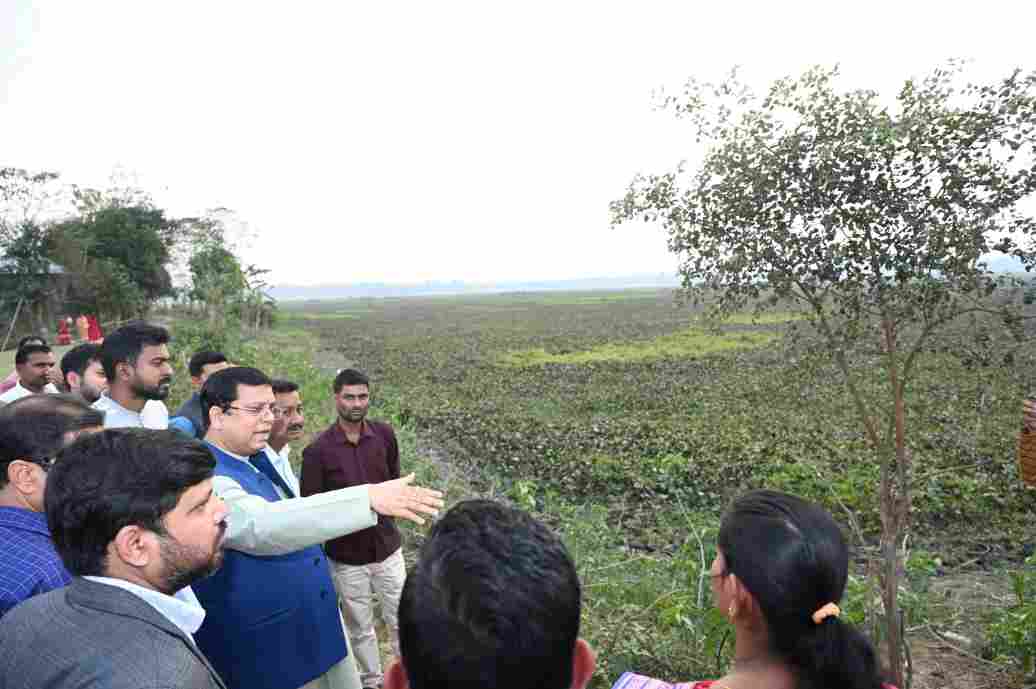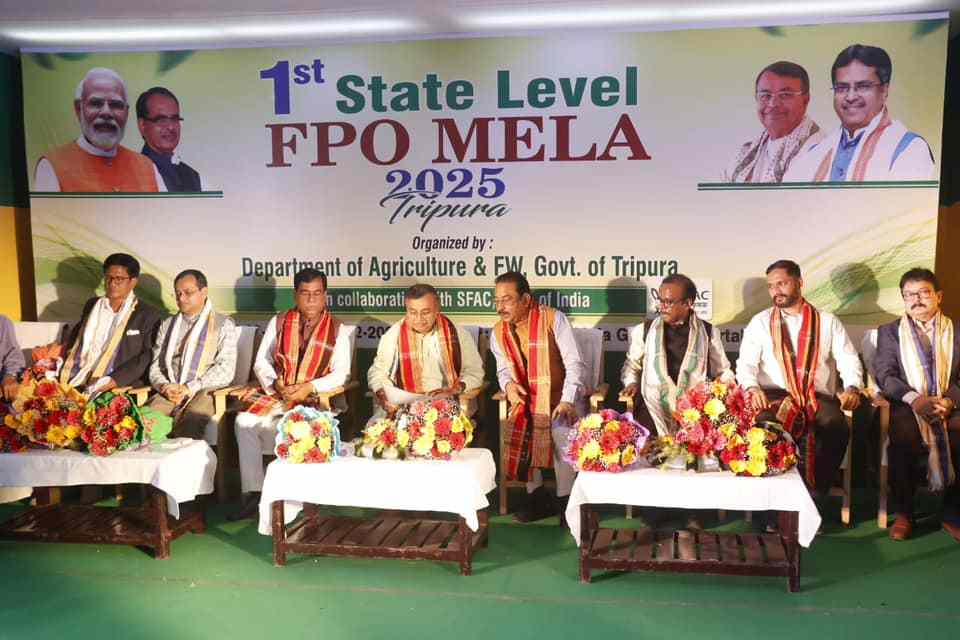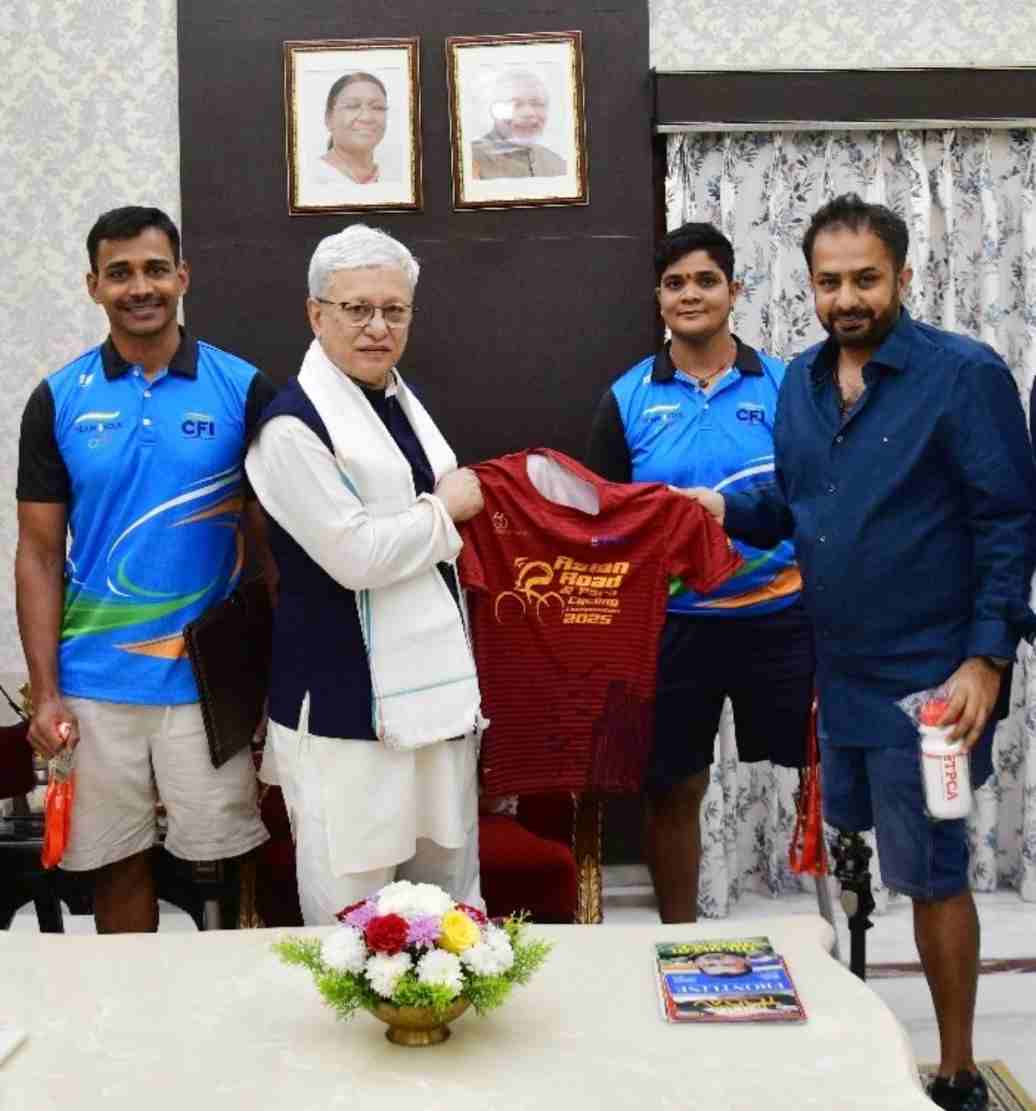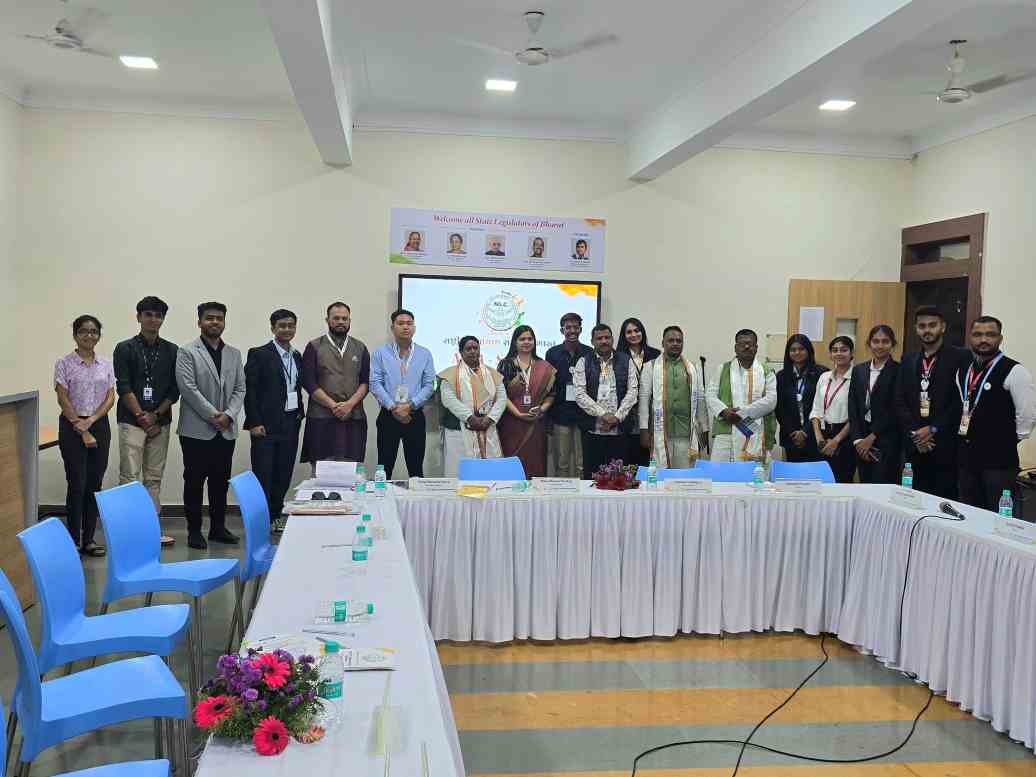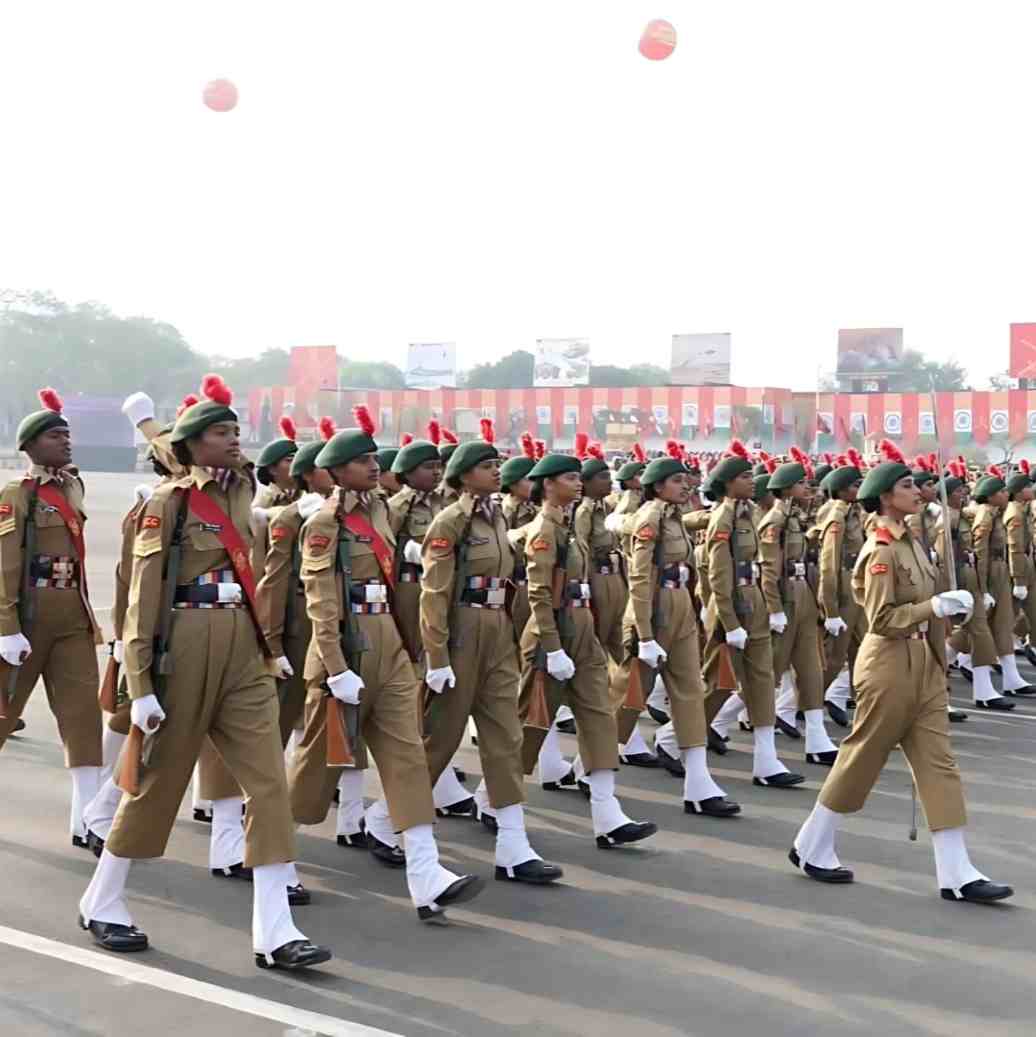Classical Language Status Conferred on Marathi, Pali, Prakrit, Assamese, and Bengali: A Boost to India's Cultural Heritage
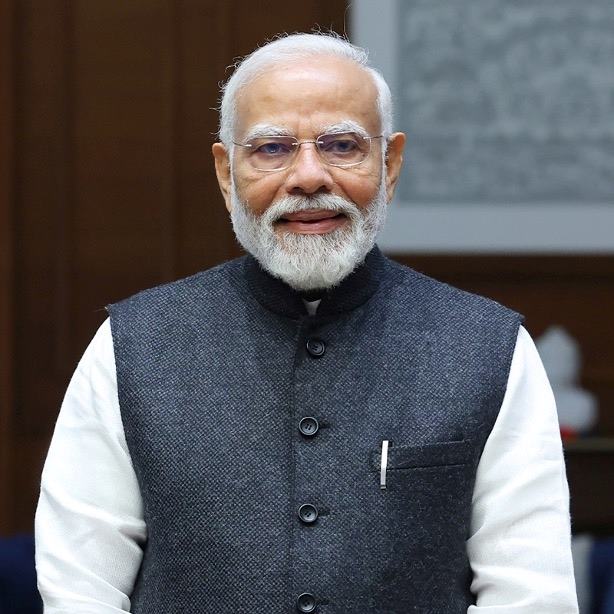
In a landmark decision, the Union Cabinet, chaired by Prime Minister Narendra Modi, has approved the conferment of classical language status to Marathi, Pali, Prakrit, Assamese, and Bengali languages. This move will acknowledge the significant contribution of these languages to India's rich cultural heritage and promote perpetuation of the country's ancient traditions.
To qualify as a classical language, these languages had to meet specific criteria, including:
● High Antiquity: Early texts and recorded history dating back over 1,500-2,000 years
● Ancient Literature:A timeless collection of texts that have shaped cultures, inspired minds, and endured through centuries.
● Original Literary Tradition: The literary tradition must be original and not borrowed from another speech community.
Prime Minister Narendra Modi expressed his delight at the decision, stating that his government cherishes and celebrates India's rich history and culture. He emphasized the importance of promoting regional languages, which highlight the country's vibrant diversity.
Including these languages as classical languages will create employment opportunities in academic purposes and research fields.
The conferment of classical language status to Marathi, Pali, Prakrit, Assamese, and Bengali languages is a significant step towards preserving India's cultural heritage. This move will not only promote these languages but also create opportunities for employment and research. As Prime Minister Modi stated, this decision celebrates India's rich history and culture, and the country's commitment to popularizing regional languages will continue to highlight its vibrant diversity.

